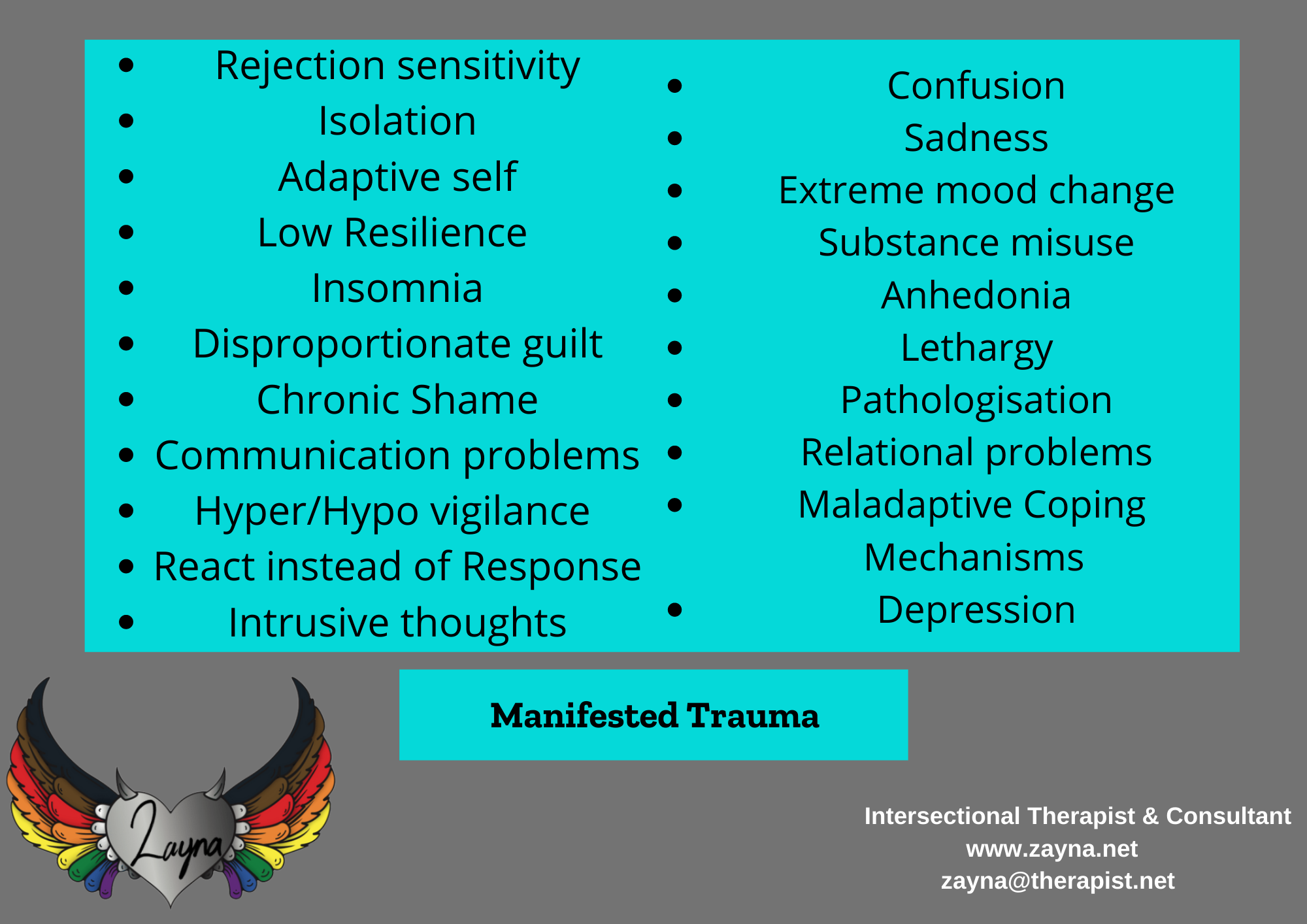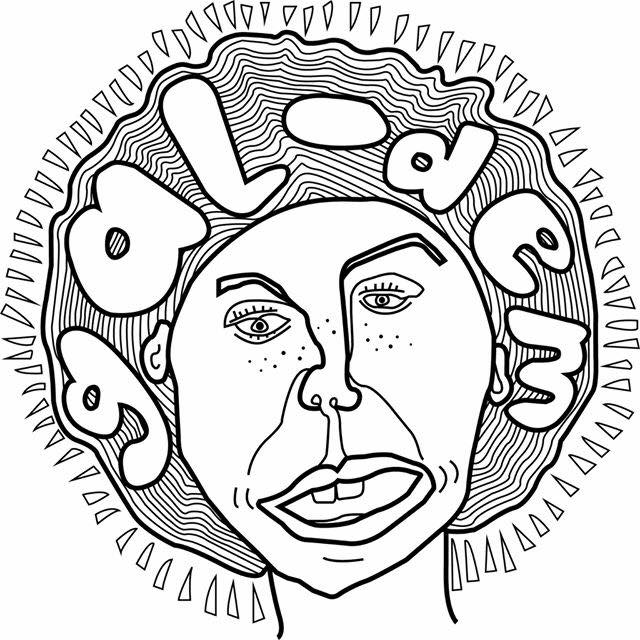




























Trauma does not always know proportion or has the ability to differentiate between singular or compound accumulation of events over a prolonged timeline, yet it can all shift you unknowingly from your psychological axis.
Trauma is personal and person dependant, some process trauma quicker and gentler than others. It can be impossible to predict who could be affected and in which ways as both our meaning making and our systems are individual.
We can experience a delayed hypervigilance of the nervous system, caused by the distance created between our systems that orient us within our axis of safety and the events we use to maintain a centered present self.
This gap then opens emotional wormholes in our ability to process, make sense of and interpret situations, events, objects, or discourses, via the lens of our previous knowledge and experience.
Due to our brains being great at patterning yet lacking the skills to remind ourselves that each event is a new event, we unconsciously react in the present how we reacted in the past as a self-protective action.
Recovery can be about utilising our brains natural aptitude to shift from reaction to response, to self soothe and evaluate our true present experiences.
Acute trauma results from a single incident
Chronic trauma is repeated and prolonged incidents over time
Complex trauma is exposure to differing multiple traumatic events
Collective trauma is when a similar event, or series of events, traumatises a large number of people within a shared timeline
